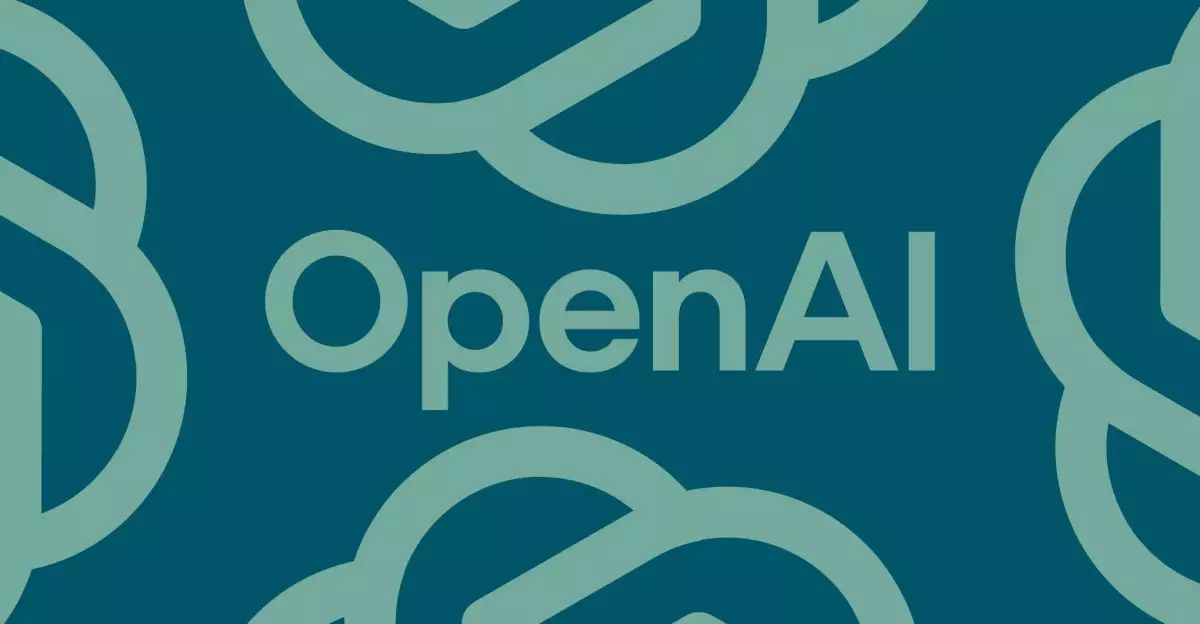The ongoing legal tussle between Elon Musk and OpenAI exposes a deep-seated conflict regarding the future of artificial intelligence. OpenAI’s recent countersuit against Musk paints him as a disruptive force, suggesting that his relentless pursuit of control over AI developments is grounded in self-interest rather than altruism. By labeling Musk’s maneuvers as “bad-faith tactics,” OpenAI is asserting that these actions are not just a disagreement over strategic direction but a threat to progress itself. This battle sheds light on the complex dynamics within the tech industry, where powerful individuals can leverage their influence to shape innovations to suit their own agendas.
The Allegations of Misconduct
OpenAI’s legal team has made bold claims, contending that Musk’s tactics—culminating in what they describe as a “fake takeover bid”—could destabilize the company’s trajectory and disrupt the broader AI landscape. The impression that Musk is attempting to reclaim control over a project he helped create reinforces a narrative for many: that the ambitions of tech moguls can sometimes eclipse the collective benefit of technological advancements. Musk’s prior lawsuit, which sought to push OpenAI back to its core mission of developing Artificial General Intelligence (AGI) for humanity’s benefit, now seems paradoxical; it raises questions about whether his actions are indeed for the greater good or merely a power play.
The Irony of Advocacy
It is particularly ironic that Musk, who once championed ethical AI development, now finds himself cast in the role of an antagonist. His previous assertions that tech must serve humanity seem to conflict with his current legal actions, which OpenAI argues are causing harm rather than fostering cooperation. The editor-in-chief of The Verge noted Musk’s lawsuit as “hilariously bad,” further indicating that even industry observers find his legal reasoning suspect. This duality in Musk’s stance—advocating for responsible tech while simultaneously undermining a leading AI company—highlights the ethical maze that exists in Silicon Valley, where motives can often be obscured by ambition.
A Glimpse into the Future
The escalating legal drama is not merely about the fate of OpenAI or even Elon Musk; it is emblematic of larger conversations surrounding innovation, ethical responsibility, and the implications of AI technology. As the trial looms in the spring of 2026, the outcome will not only determine the future of Musk’s involvement with OpenAI but also set precedents for how tech giants navigate conflicts of interest in an increasingly interconnected world. Stakeholders in the tech community should closely monitor this case because it may inform how similar conflicts are handled in the future, ultimately influencing both the pace and direction of AI development.
This saga illustrates the often tumultuous nature of technological innovation—where collaboration can quickly turn into conflict, and where the alignment of ethical aims must be continually negotiated against the backdrop of personal ambition. While Musk’s motivations may be open to interpretation, the underlying message remains clear: the battle for the future of AI is as critical as it is contentious.

